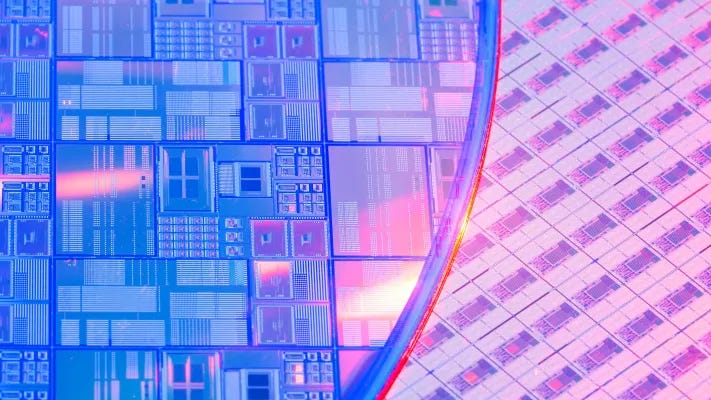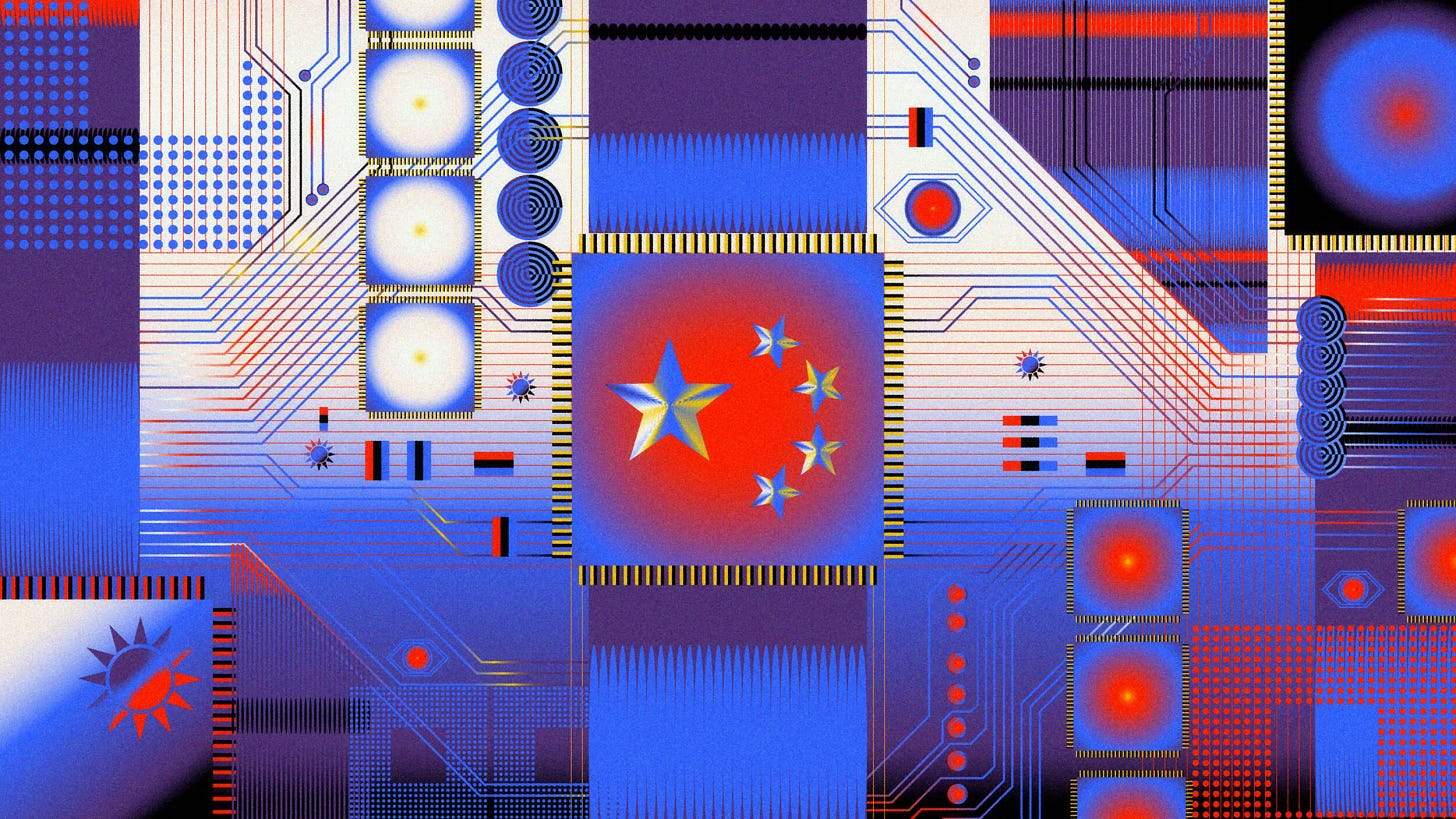🌎 Becoming plastic
450-million tonnes of new plastic per year, and no-one knows what it’s doing to us.
Hey Freethinkers,
You might assume that the sheer ubiquity of microplastics — tiny plastic particles that have infiltrated everything from the ocean floor to the human brain — would make studying their impact on human health easy. But the opposite is true. Because virtually everyone interacts with plastics (emphasis on the plural, as there are many types and thousands of chemicals used in their production), scientists lack controls for understanding how these tiny particles might be affecting us.
So, what do we know about microplastics and human health? Freethink’s Kristin Houser dives into the answers and open questions this week. Also on deck: Future Explored examines why the microchips of tomorrow might not be made of silicon, and our latest feature investigates what could be the biggest industrial espionage campaign in history.
Read on,
Stephen
FREETHINK FEATURES
Are microplastics really destroying our health?
Plastics are everywhere, and tiny pieces of them are now in everything: the air, the water, the food chain, and the human body. While plastics are extraordinarily useful, and many life-saving technologies depend on them, ingesting tiny bits of them is almost certainly not a good thing. But figuring out just how bad they are — and what we can do about it — is tricky. Kristin Houser dives deep into the question of microplastics and what they’re doing to our health and the planet.
FUTURE EXPLORED
Silicon chips are no longer sustainable. Here’s what’s next.
Silicon chips have transformed almost every industry, and Moore’s Law has driven spectacular improvements in computing power, decade after decade, with this familiar material. But there may soon come a day when innovation in microprocessing requires a quantum leap into something new, something like… gallium nitride.
IN THE KNOW
AI is accelerating science, but…
by @calebwatney on X
First, the good news: Scientists using AI discovered 44% more new materials — a huge jump in productivity! The bad news: Using it lowered their job satisfaction because the AI automated the most creative bits of the work. One scientist said: “While I was impressed by the performance of the [AI tool]...I couldn’t help feeling that much of my education is now worthless. This is not what I was trained to do.”
This is a notable contrast with coders using AI, who generally love the way it automates the dullest work and lets them focus on more creative stuff. The study also found, in contrast to some other uses of AI in the workplace, that it was the most skilled scientists whose productivity got the biggest boost. There are many more interesting bits from the paper in the X thread linked below.
GitHub CEO says Copilot will write 80% of code “sooner than later”
Inexperienced workers get the biggest boost from AI, Stanford/MIT study finds
Google AI discovers 2.2 million new materials for a host of technologies
THE CHANGING WORLD ORDER
Is this the biggest industrial espionage campaign in history?
Ross Pomeroy reports on Beijing’s quiet — and quite successful — quest to poach the talent and unravel the trade secrets of American and Taiwanese chipmakers.
WORTH SHARING

Ask Ethan: Is antigravity even possible?
When we think about science fiction, from Star Trek to Battlestar to 2001, artificial gravity and even antigravity are ideas that have permeated our culture in film, literature, television and more. Is this even something that’s physically possible? Or do the rules of General Relativity absolutely forbid something like this from becoming reality? Physics investigates.
Stephen Johnson is the managing editor at Big Think and a writer at Freethink.













Very informative articles, keep it up! 😃